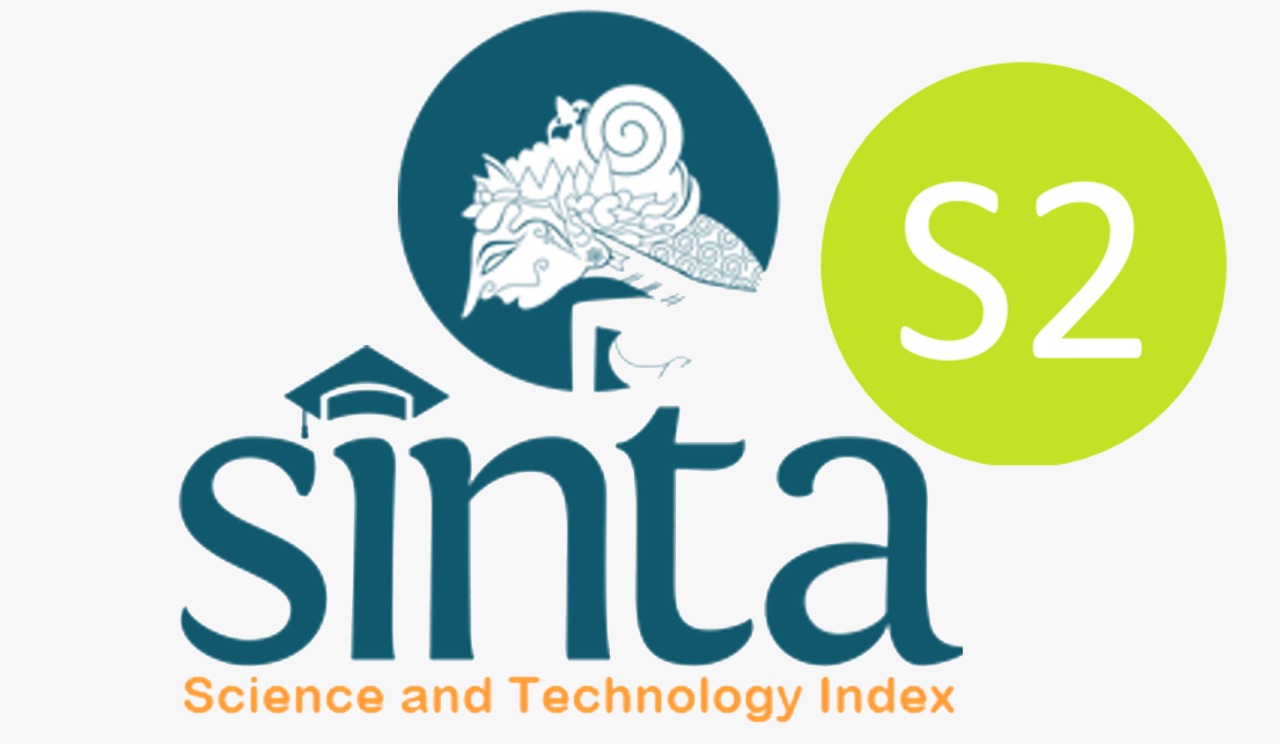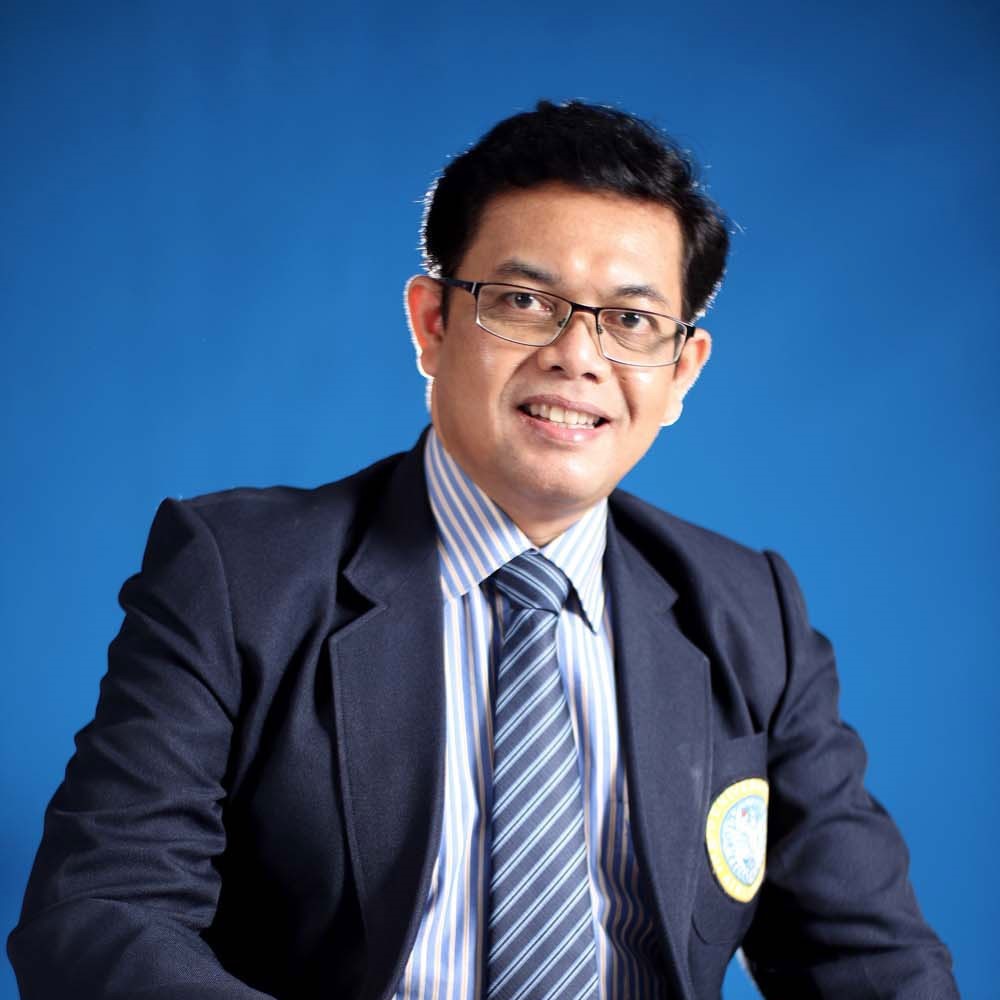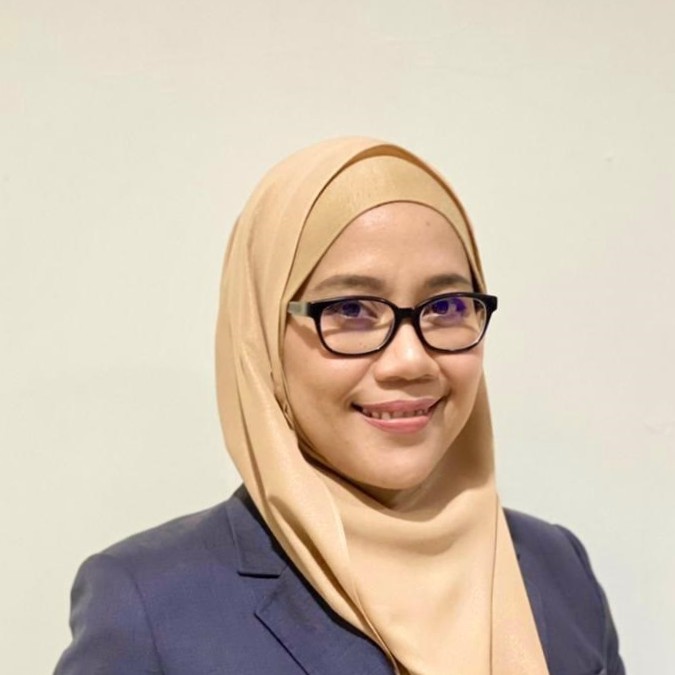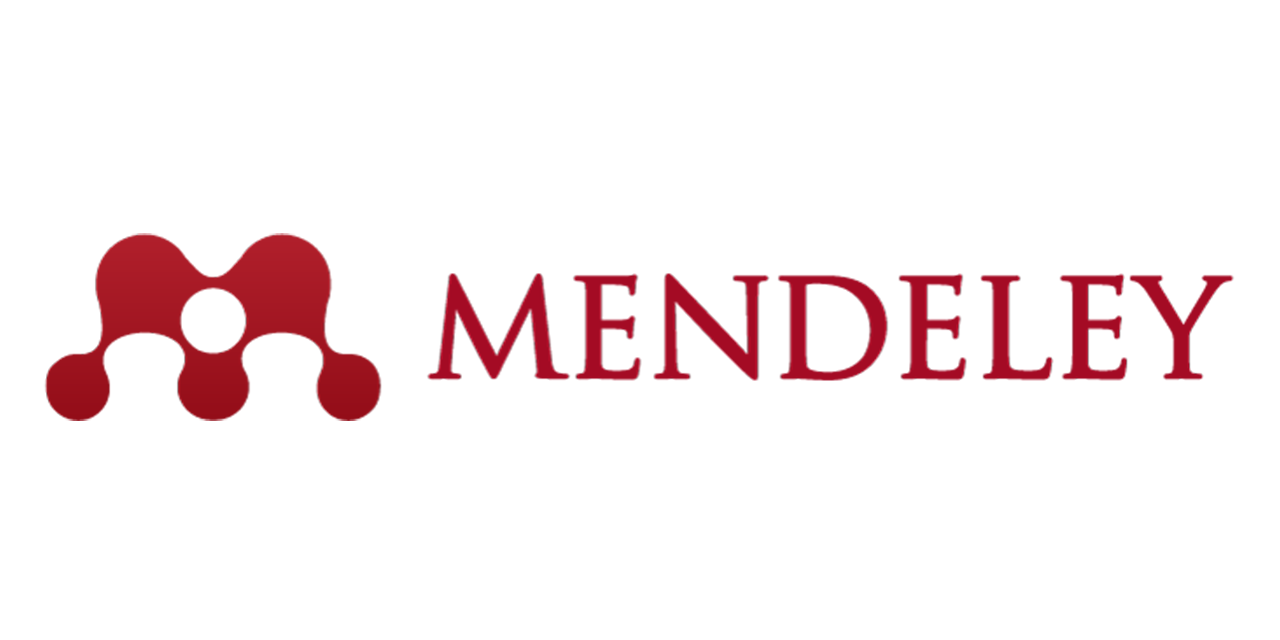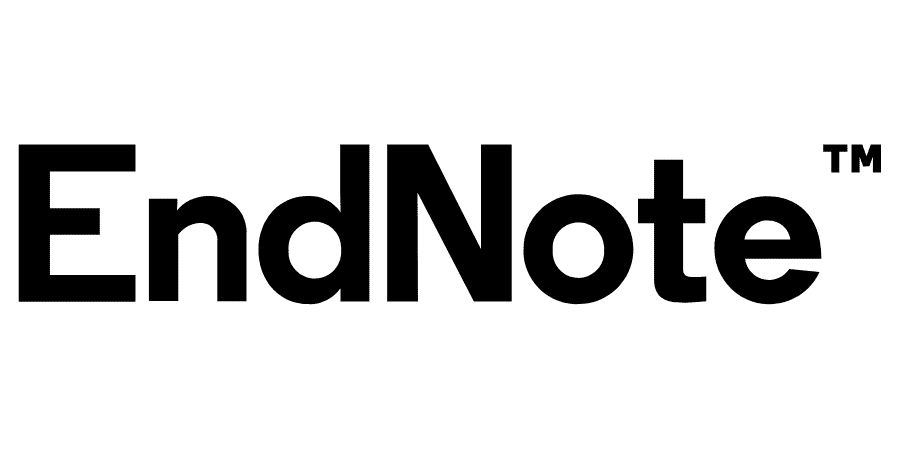SUSTAINABLE STRATEGIES IN ORGANIC WASTE MANAGEMENT: A SYSTEMATIC LITERATURE REVIEW STUDY
Downloads
Introduction: Particularly in Indonesia, waste management—especially organic waste—remains a major worldwide concern. A substantial contributor to greenhouse gas emissions (7.29% yearly) and economic losses of IDR 213–551 trillion, food waste will make up 39.78% of all garbage in 2023.
Methods: This study employs a systematic literature review to analyze organic waste management practices and their environmental implications, utilizing secondary data from national and global sources.
Results: The findings show that Indonesia has problems with such low public knowledge, reliance on subpar dumps, and limited technology. Locally, creative methods such as using Black Soldier Fly larvae to convert organic waste show promise. Around the world, modern technologies like Malaysian and Thai anaerobic digestion and programs like the European Green Deal show greater efficiency. Successful programs frequently incorporate government incentives, trash segregation regulations, and public education.
Conclusion and suggestion: SAccording to the study's findings, managing organic waste sustainably can lower greenhouse gas emissions and help achieve several UN SDGs, such as those related to health, clean water, and climate change. Promoting trash separation at the source, using composting methods, implementing contemporary technologies, and encouraging cooperation between public, corporate, and community sectors are some of the main proposals. Long-term solutions in Indonesia and elsewhere depend on addressing shortages in funding, infrastructure, and public awareness.
Al-Obadi, M., Ayad, H., Pokharel, S., & Ayari, M. A. (2022). Perspectives on food waste management: Prevention and social innovations. Sustainable Production and Consumption, 31, 190-208.
Al-Rumaihi, A., McKay, G., Mackey, H. R., & Al-Ansari, T. (2020). Environmental impact assessment of food waste management using two composting techniques. Sustainability, 12(4), 1595; https://doi.org/10.3390/su12041595
Albizzati, P F, Tonini, D., & Astrup, T. F. (2021). A quantitative sustainability assessment of food waste management in the European Union. Environmental Science & Technology, 55(23), 16099–16109. https://doi.org/10.1021/acs.est.1c03940
Álvarez-Fernández, M. I., Prendes-Gero, M. B., Pola-Alonso, I., Conde-Fernández, L., & Luengo-García, J. C. (2022). Determination of the explosion parameters of methane-air mixtures as function of the ignition source and the volume and shape of the explosion chambers. Journal of Loss Prevention in the Process Industries, 80. https://doi.org/10.1016/j.jlp.2022.104862
Ambina, D. G. (2019). Tinjauan Pemilahan Sampah Menurut Undang-Undang Nomor 18 Tahun 2008 Tentang Pengelolaan Sampah. Bina Hukum Lingkungan, 32), 171–185.
Badgett, A., & Milbrandt, A. (2021). Food waste disposal and utilization in the United States: A spatial cost benefit analysis. Journal of Cleaner Production, 314.
Blanchard, C., Harris, P., Pocock, C., & McCabe, B. K. (2023). Food and Garden Organic Waste Management in Australia: Co-Benefits for Regional Communities and Local Government. Sustainability (Switzerland), 15(13). https://doi.org/10.3390/su15139901
Bukar, U. A., Sayeed, M. S., Razak, S. F. A., Yogarayan, S., Amodu, O. A., & Mahmood, R. A. R. (2023). A method for analyzing text using VOSviewer. MethodsX, 11(May), 102339. https://doi.org/10.1016/j.mex.2023.102339
Chaerul, M. (2007). Municipal solid waste management in Indonesia: status and the strategic actions. Journal of Environmental Science and Technology,, 2, 41–49.
Chin, M. Y., Lee, C. T., & Woon, K. S. (2022). Policy-driven municipal solid waste management assessment using relative quadrant eco-efficiency: A case study in Malaysia. Journal of Environmental Management, 323, 116238. https://doi.org/10.1016/j.jenvman.2022.116238.
CNN Indonesia. (2023a). Kebakaran TPA Sampah di Bandung, Solo hingga Semarang, Api Belum Padam. CNNIindonesia.Com. Retrieved from https://www.cnnindonesia.com/nasional/20230919101416-20-1000785/kebakaran-tpa-sampah-di-bandung-solo-hingga-semarang-api-belum-padam
CNN Indonesia. (2023b). Puluhan Warga Sesak Napas Imbas Kebakaran TPA Putri Cempo Solo. CNN News. Retrieved from https://www.cnnindonesia.com/nasional/20230920175900-20-1001604/puluhan-warga-sesak-napas-imbas-kebakaran-tpa-putri-cempo-solo
Craven, J., & Levay, P. (2011). Recording database searches for systematic reviews - What is the value of adding a narrative to peer-review checklists? A case study of nice interventional procedures guidance. Evidence Based Library and Information Practice, 6(4), 72–87. https://doi.org/10.18438/b8cd09
D’Aquino, C A, Pereira, B. A., Sawatani, T. F., de Moura, S. C., Tagima, A., Ferrarese, J. C. B. B., … Sauer, I. L. (2022). Biogas Potential from Slums as a Sustainable and Resilient Route for Renewable Energy Diffusion in Urban Areas and Organic Waste Management in Vulnerable Communities in São Paulo. Sustainability (Switzerland), 14(12). https://doi.org/10.3390/su14127016
D’Aquino, C.A., Pereira, B. A., Sawatani, T. F., de Moura, S. C., Tagima, A., Ferrarese, J. C. B. B., Santos, S.C., & Sauer, I. L. (2022). Biogas Potential from Slums as a Sustainable and Resilient Route for Renewable Energy Diffusion in Urban Areas and Organic Waste Management in Vulnerable Communities in São Paulo. Sustainability (Switzerland), 14(12). https://doi.org/10.3390/su14127016
de Sadeleer, Irmeline, Brattebø, H., & Callewaert, P. (2020). Waste prevention, energy recovery or recycling - Directions for household food waste management in light of circular economy policy. Resources, Conservation and Recycling, 160(June 2019), 104908. https://doi.org/10.1016/j.resconrec.2020.104908
Defitri, M. (2020). Pengertian TPST, TPS, TPS 3R, TPA, Perbedaan & Fungsi Tempat Pengelolaan Sampah. Retrieved from https://waste4change.com/blog/fungsi-tps-tps-3r-tpst-dan-tpa/
detikJabar, tim. (2023). 5 Fakta Kebakaran TPA Sarimukti Tim detikJabar-detikJabar.
Everitt, H., van der Werf, P., & Gilliland, J. A. (2023). A Review of Household Food Waste Generation during the COVID-19 Pandemic. Sustainability (Switzerland), 15(7). https://doi.org/10.3390/su15075760
Fadhullah, W., Imran, N. I. N., Ismail, S. N. S., Jaafar, M. H., & Abdullah, H. (2022). Household solid waste management practices and perceptions among residents in the East Coast of Malaysia. BMC Public Health, 22(1). https://doi.org/10.1186/S12889-021-12274-7
Fatimah, Y. A., Govindan, K., Murniningsih, R., & Setiawan, A. (2020). Industry 4.0 based sustainable circular economy approach for smart waste management system to achieve sustainable development goals: A case study of Indonesia. Journal of Cleaner Production, 269, 122263.
Förstner, U., Kersten, M., & Wienberg, R. (2005). Geochemical processes in landfills. In: P. Baccini, (ed.), The Landfill. Lecture Notes in Earth Sciences, vol 20. Springer, Berlin, Heidelberg. https://doi.org/10.1007/BFb0011258
Galford, G. L., Peña, O., Sullivan, A. K., Nash, J., Gurwick, N., Pirolli, G., Richards, M., White, J., Wollenberg, E. (2020). Agricultural development addresses food loss and waste while reducing greenhouse gas emissions. Science of the Total Environment, 699. https://doi.org/10.1016/j.scitotenv.2019.134318
Hussein, L, Uren, C., Rekik, F., & Hammami, Z. (2022). A review on waste management and compost production in the Middle East–North Africa region. Waste Management & Research, 40(8). https://doi.org/10.1177/0734242X211068236
Hussein, L., Uren, C., Rekik, F., & Hammami, Z. (2022). A review on waste management and compost production in the Middle East–North Africa region. Waste Management and Research, 40(8), 1110–1128. https://doi.org/10.1177/0734242X211068236
Jabeen, S., Malik, S., Khan, S., Khan, N., Qureshi, M. I., & Saad, M. S. M. (2021). A comparative systematic literature review and bibliometric analysis on sustainability of renewable energy sources. International Journal of Energy Economics and Policy, 11(1), 270–280. https://doi.org/10.32479/ijeep.10759
Jebaranjitham, J. Nimita, Selvan Christyraj, J. D., Prasannan, A., Rajagopalan, K., Chelladurai, K. S., & Gnanaraja, J. K. J. S. (2022). Current scenario of solid waste management techniques and challenges in Covid-19 - A review. Heliyon, 8(7), e09855. https://doi.org/10.1016/j.heliyon.2022.e09855
Kardono. (2007). Integrated Solid Waste Management in Indonesia. Proceedings of International Symposium on EcoTopia Science. Jukung Jurnal Teknik Lingkungan, 3(1), 629–633.
Kementerian PPN/Bappenas. (2021). Laporan Kajian Food Loss & Waste di Indonesia. Kementerian PPN/Bappenas.
Khan, S., Anjum, R., Raza, S. T., Bazai, N. A., & Ihtisham, M. (2022). Technologies for municipal solid waste management: Current status, challenges, and future perspectives. Chemosphere, 288(1).
Kharola, S., Ram, M., Goyal, N., Mangla, S. K., Nautiyal, O.P., Rawat, A., Kazancoglu, Y., & Pant, D. (2022). Barriers to organic waste management in a circular economy. Journal of Cleaner Production, 361.
KLHK RI. (2023). Komposisi Sampah. SIPSN (Sistem Informasi Pengelolaan Sampah Nasional). Retrieved from https://sipsn.menlhk.go.id/sipsn/public/data/komposisi
Lasminingrat, L., & Efriza, E. (2020). the Development of National Food Estate: the Indonesian Food Crisis Anticipation Strategy. Jurnal Pertahanan & Bela Negara, 10(3), 229. https://doi.org/10.33172/jpbh.v10i3.1110
Lee, E., Oliveira, D. S. B. L., Oliveira, L. S. B. L., Jimenez, E., Kim, Y., Wang, M., Ergas, S.J.,& Zhang, Q. (2020). Comparative environmental and economic life cycle assessment of high solids anaerobic co-digestion for biosolids and organic waste management. Water Research, 171. https://doi.org/10.1016/j.watres.2019.115443
Lin, Z., Ooi, J. K., & Woon, K. S. (2022). An integrated life cycle multi-objective optimization model for health-environment-economic nexus in food waste management sector. Science of The Total Environment, 816.
Lu, H. R., Qu, X., & Hanandeh, A. El. (2020). Towards a better environment-the municipal organic waste management in Brisbane: Environmental life cycle and cost perspective. Journal of Cleaner Production, 258.
Luttenberger, L. R. (2020). Waste management challenges in transition to circular economy–case of Croatia. Journal of Cleaner Production, 256.
Lutviyani, A., Farkha, F., & Firdausi, H. (2022). Tinjauan Limbah Makanan Terhadap Lingkungan dalam Persepektif Islam dan Sains. Interkoneksi Islam Dan Sains, 4(1), 49–53.
Mahendra, K., & Luthfiana, H. (2023). Ledakan TPA Leuwigajah, Insiden Paling Parah yang Pernah Terjadi di Indonesia. Retrieved from https://www.tempo.co/lingkungan/ledakan-tpa-leuwigajah-insiden-paling-parah-yang-pernah-terjadi-di-indonesia-141803
Mahmood, S., Zurbrügg, C., Tabinda, A. B., Ali, A., & Ashraf, A. (2021). Sustainable Waste Management at Household Level with Black Soldier Fly Larvae (Hermetia illucens). Sustainability, 13(17).
Mak, T. M. W., Xiong, X., Tsang, D. C. W., Yu,I.K. M., & Poon, C.S. (2020). Sustainable food waste management towards circular bioeconomy: Policy review, limitations and opportunities. Bioresource Technology, 297.
Mavropoulos, A., Marinheiro, L., Cohen, P., & Law, J. (2016). A Roadmap for closing Waste Dumpsites. International Sollid Waste Association, 50(7), 109–116.
MC Kota Bandung. (2021). Tragedi Leuwigajah, Kisah Kelam “Bandung Lautan Sampah.” Retrieved from https://infopublik.id/kategori/nusantara/512504/tragedi-leuwigajah-kisah-kelam-bandung-lautan-sampah
McCarthy, B., Kapetanaki, A. B., & Wang, P. (2020). Completing the food waste management loop: is there market potential for value-added surplus products (VASP)? Journal of Cleaner Production, 256.
Moher, D., Liberati, A., Tetzlaff, J., & Altman, D. G. (2009). Reprint-Preferred Reporting items for systematic reviews and meta-analyses: The PRISMA statement. Physical Therapy, 89(9), 873–880. https://doi.org/10.1093/ptj/89.9.873
Munawar, E., Yunardi, Y., Lederer, J., & Fellner, J. (2018). The development of landfill operation and management in Indonesia. Journal of Material Cycles and Waste Management, 20(2), 1128–1142. https://doi.org/10.1007/s10163-017-0676-3
Nafi’ah, Z. Z., & Dinarjito, A. (2024). Analysis of the potential of implementing methane-based carbon tax on food waste in Indonesia. Educoretax, 4(7), 851–871. https://doi.org/10.54957/educoretax.v4i7.974
Nath, P. C., Ojha, A., Debnath, S., Sharma, M., Nayak, P. K., Sridhar, K., & Inbaraj, B. S. (2023). Valorization of food waste as animal feed: a step towards sustainable food waste management and circular bioeconomy. Animals, 13(8).
News.detik.com. (2023). Kebakaran TPA Putri Cempo Solo: Awal Mula hingga Kondisi Terkini. DetikNews. Retrieved from https://news.detik.com/berita/d-6935953/kebakaran-tpa-putri-cempo-solo-awal-mula-hingga-kondisi-terkini/2
Nguyen, T. T. T., Malek, L., Umberger, W. J., & O’Connor, P. J. (2022). Household food waste disposal behaviour is driven by perceived personal benefits, recycling habits and ability to compost. Journal of Cleaner Production, 379. https://doi.org/10.1016/j.jclepro.2022.134636
Paul, S., Choudhury, M., Deb, U., Pegu, R., Das, S., & Bhattacharya, S. S. (2019). Assessing the ecological impacts of ageing on hazard potential of solid waste landfills: A green approach through vermitechnology. Journal of Cleaner Production, 236. https://doi.org/10.1016/j.jclepro.2019.117643
Prihatin, R. B. (2020). Pengelolaan Sampah di Kota Bertipe Sedang: Studi Kasus di Kota Cirebon dan Kota Surakarta. Aspirasi: Jurnal Masalah-Masalah Sosial, 11(1), 1–16. https://doi.org/10.46807/aspirasi.v11i1.1505
Rashid, M. I., & Shahzad, K. (2021). Food waste recycling for compost production and its economic and environmental assessment as circular economy indicators of solid waste management. Journal of Cleaner Production, 317.
Rotthong, M., Takaoka, M., Oshita, K., Rachdawong, P., Gheewala, S. H., & Prapaspongsa, T. (2023). Life Cycle Assessment of Integrated Municipal Organic Waste Management Systems in Thailand. Sustainability (Switzerland), 15(1). https://doi.org/10.3390/su15010090
Sadeleer, I de, Brattebø, H., & Callewaert, P. (2020). Waste prevention, energy recovery or recycling-Directions for household food waste management in light of circular economy policy. Resources, Conservation and Recycling, 160 https://doi.org/10.1016/j.resconrec.2020.104908
Scharff, H., Soon, H. Y., Rwabwehare Taremwa, S., Zegers, D., Dick, B., Villas Bôas Zanon, T., & Shamrock, J. (2023). The impact of landfill management approaches on methane emissions. Waste Management and Research, 42(11). https://doi.org/10.1177/0734242X231200742
ScimagoJr. (2024). Retrieved from http://www.scimagojr.com/
Sharma, H. B., Vanapalli, K. R., Samal, B., Cheela, V. R. S., Dubey, B. K., & Bhattacharya, J. (2021). Circular economy approach in solid waste management system to achieve UN-SDGs: Solutions for post-COVID recovery. Science of the Total Environment, 800, 149605. https://doi.org/10.1016/j.scitotenv.2021.149605
Slorach, P. C., Jeswani, H. K., Cuéllar-Franca, R., & Azapagic, A (2020). Assessing the economic and environmental sustainability of household food waste management in the UK: Current situation and future scenarios. Science of the Total Environment, 710, 135580. https://doi.org/10.1016/j.scitotenv.2019.135580.
Slorach, P.C., Jeswani, H. K., Cuéllar-Franca, R., & Azapagic, A. (2020). Assessing the economic and environmental sustainability of household food waste management in the UK: Current situation and future scenarios. Science of the Total Environment, 710, 135580. https://doi.org/10.1016/j.scitotenv.2019.135580
Sukarmawati, Y., Ayu Murti, R. H., & Salam Jawwad, M. A. (2023). Dampak Pembuangan Sampah Terbuka (Open Dumping) terhadap Kualitas Udara di Tempat Pemrosesan Akhir Sampah (TPA) Gohong. Jurnal Envirotek, 15(1), 34–48. https://doi.org/10.33005/envirotek.v15i1.218
UNEP (United Nations Environment Programme). (2021). Food Waste Index Report 2021. Retrieved from https://www.unep.org/resources/report/unep-food-waste-index-report-2021
van Dinter, R., Tekinerdogan, B., & Catal, C. (2021). Automation of systematic literature reviews: A systematic literature review. Information and Software Technology, 136. https://doi.org/10.1016/j.infsof.2021.106589
van Eck, N. J., & Waltman, L. (2010). Software survey: VOSviewer, a computer program for bibliometric mapping. Scientometrics, 84(2), 523–538. https://doi.org/10.1007/s11192-009-0146-3
Vardhan, S., & Singh, R. R. (2022). Design, simulation and performance comparison of SoI rectangular waveguide and SMF for methane detection. Proceedings Vol 12148, Integrated Photonics Platforms II; 121480I: SPIE Photonics Europe, 2022, Strasbourg, France. https://doi.org/10.1117/12.2621459
Wang, D., He, J., Tang, Y. T., Higgitt, D., &, Robinson, D. (2020). Life cycle assessment of municipal solid waste management in Nottingham, England: Past and future perspectives. Journal of Cleaner Production, 251.
Wang, D., Tang, Y. T., Long, G., Higgitt, D., He, J., & Robinson, D. (2020). Future improvements on performance of an EU landfill directive driven municipal solid waste management for a city in England. Waste Management (New York, N.Y.), 102, 452–463. https://doi.org/10.1016/j.wasman.2019.11.009Wang, X. (2020). Systematic Literature Review. Proceedings of the Design Society International Conference on Engineering Design, 7–27. https://doi.org/10.1007/978-981-13-5983-5_2
Wang, Y., Shi, Y., Zhou, J., Zhao, J., Maraseni, T., & Qian, G. (2021). Implementation effect of municipal solid waste mandatory sorting policy in Shanghai. Journal of Environmental Management, 298.
Yang, N., Li, F., Liu, Y., Dai, T., Wang, Q., Zhang, J., Dai, Z., &Yu, B. (2022). Environmental and Economic Life-Cycle Assessments of Household Food Waste Management Systems: A Comparative Review of Methodology and Research Progress. Sustainability (Switzerland), 14(13), 1–19. https://doi.org/10.3390/su14137533
Yong, Z., Dong, Y., Zhang, X., & Tan, T. (2015). Anaerobic co-digestion of food waste and straw for biogas production. Renewable Energy, 78, 527–530. https://doi.org/10.1016/j.renene.2015.01.033
Yoshida, H., Gable, J. J., & Park, J. K. (2012). Evaluation of organic waste diversion alternatives for greenhouse gas reduction. Resources, Conservation and Recycling, 60, 1–9. https://doi.org/10.1016/j.resconrec.2011.11.011
Zolkos, S., Fiske, G., Windholz, T., Duran, G., Yang, Z., Olenchenko, V., Faguet, A., & Natali, S. M. (2021). Detecting and Mapping Gas Emission Craters on the Yamal and Gydan Peninsulas, Western Siberia. Geosciences (Switzerland), 11(1), 1–23. https://doi.org/10.3390/geosciences11010021
Copyright (c) 2025 Husnia Sholihatin Amri, Febriana Wurjaningrum

This work is licensed under a Creative Commons Attribution-ShareAlike 4.0 International License.
Authors who publish with Jurnal Ekonomi dan Bisnis Airlangga agree to the following terms:The journal allows the author to hold the copyright of the article without restrictions.
The journal allows the author(s) to retain publishing rights without restrictions
The legal formal aspect of journal publication accessibility refers to Creative Commons Attribution Share-Alike (CC BY-SA).
Jurnal Ekonomi dan Bisnis Airlangga (JEBA) is licensed under a Creative Commons Attribution-ShareAlike 4.0 International License

